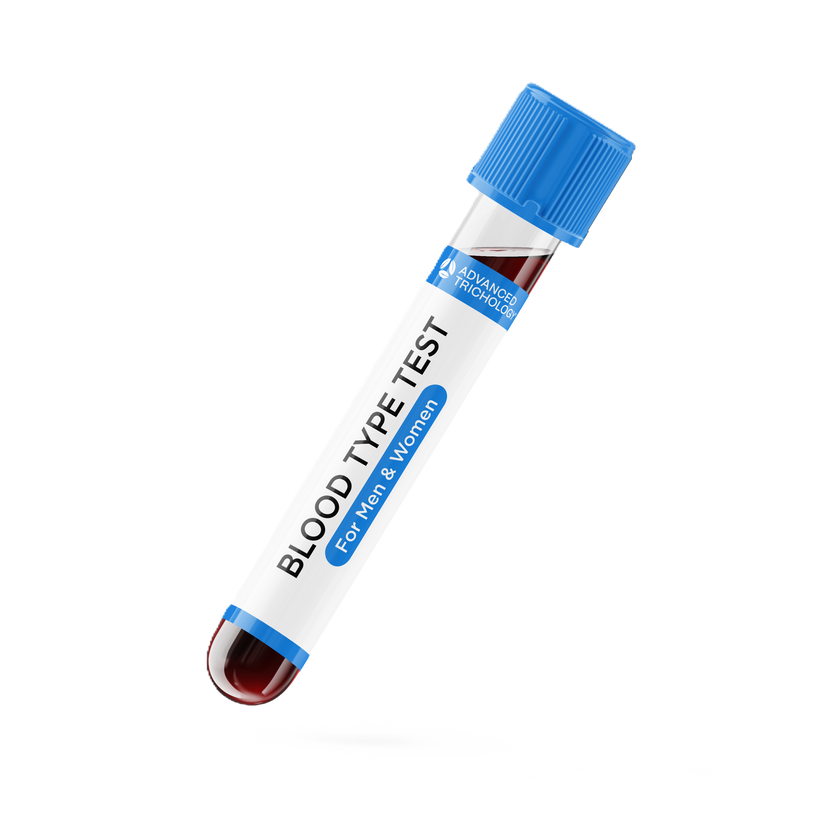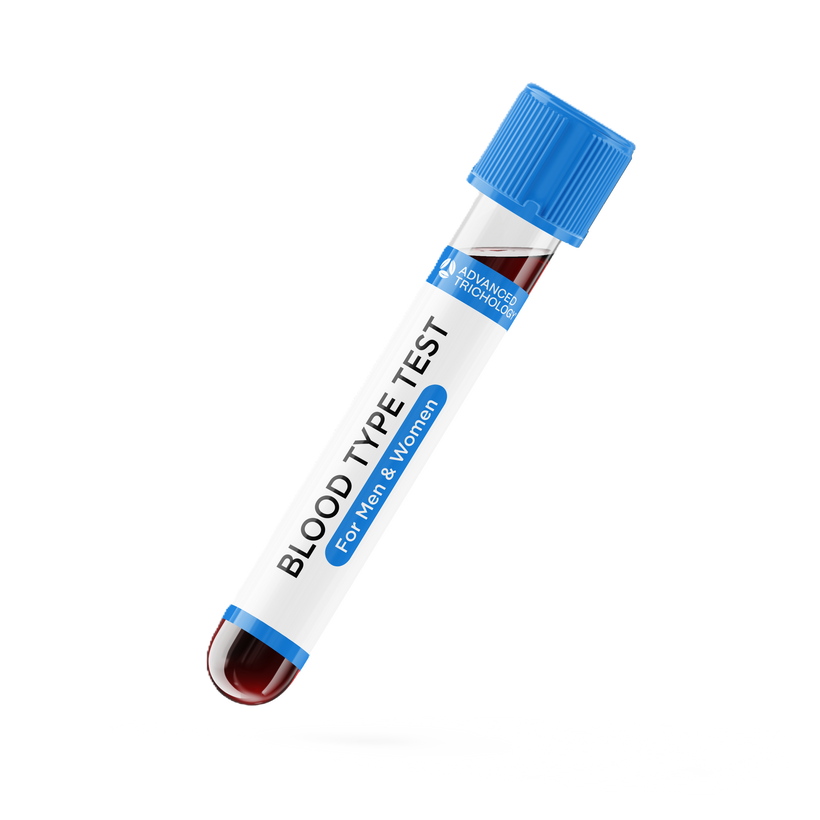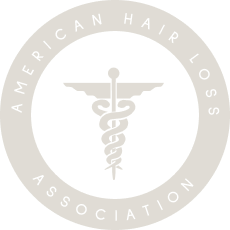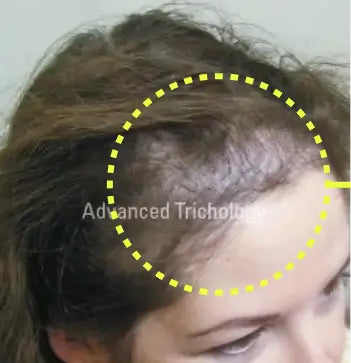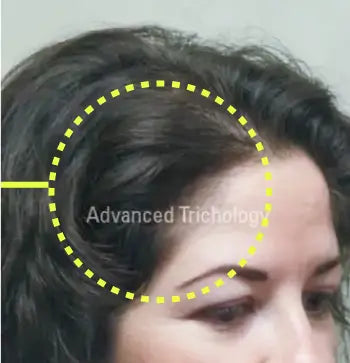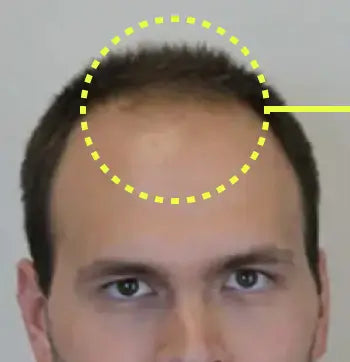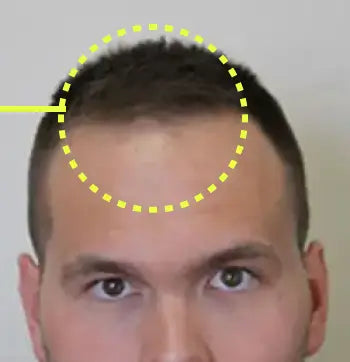By reading these Terms and Conditions and clicking below, you agree to the following:
SUBMISSION OF BLOOD WORK
You are engaging Advanced Trichology for hair loss consultation. As a new client, you understand that you need to have your blood analyzed. You agree to independently submit a blood sample to the laboratory of your choice, although Advanced Trichology can recommend one as a courtesy.
RELATIONSHIP WITH LAB
You understand that Advanced Trichology is not affiliated with or compensated by any laboratory. You acknowledge that Advanced Trichology is not responsible for the submission of the bloodwork or the results of the test. The independent laboratory is solely responsible for the processing and results of the test, and Advanced Trichology is not liable for any errors on the part of the laboratory.
NOT A HEALTHCARE ENTITY
You understand and acknowledge that Advanced Trichology is NOT a healthcare entity. It does not engage in the practice of medicine, and becoming a client of the company does not establish a provider-patient relationship. While the protocols used by Advance Trichology have been created or approved by the company’s Chief Medical Officer and successfully used by many clients, the recommendations you will be given are not meant to diagnose, treat, or cure any medical condition.
WAIVER OF PATIENT PRIVACY
You also understand that Advanced Trichology must have access to your blood test results, which are protected by HIPAA and other patient privacy laws. Because Advanced Trichology is not a healthcare entity, you agree to waive patient privacy restrictions and allow the laboratory to share your results with Advanced Trichology. While it is not a healthcare entity, and you are waiving HIPAA and other formal privacy laws, Advanced Trichology has established internal company processes to safeguard your protected health information, which will not be shared inappropriately, and will never be sold. It will remain with Advanced Trichology to be used only to create and recommend the proper course of action for your personal hair loss solutions.
COMPLIANCE WITH RECOMMENDATIONS
You agree to comply with any and all recommendations, instructions, and protocols given to you by Advanced Trichology. If you choose not to comply, you take sole responsibility for any negative or ineffective results you may experience, and you release Advanced Trichology of any and all liability for these results.
